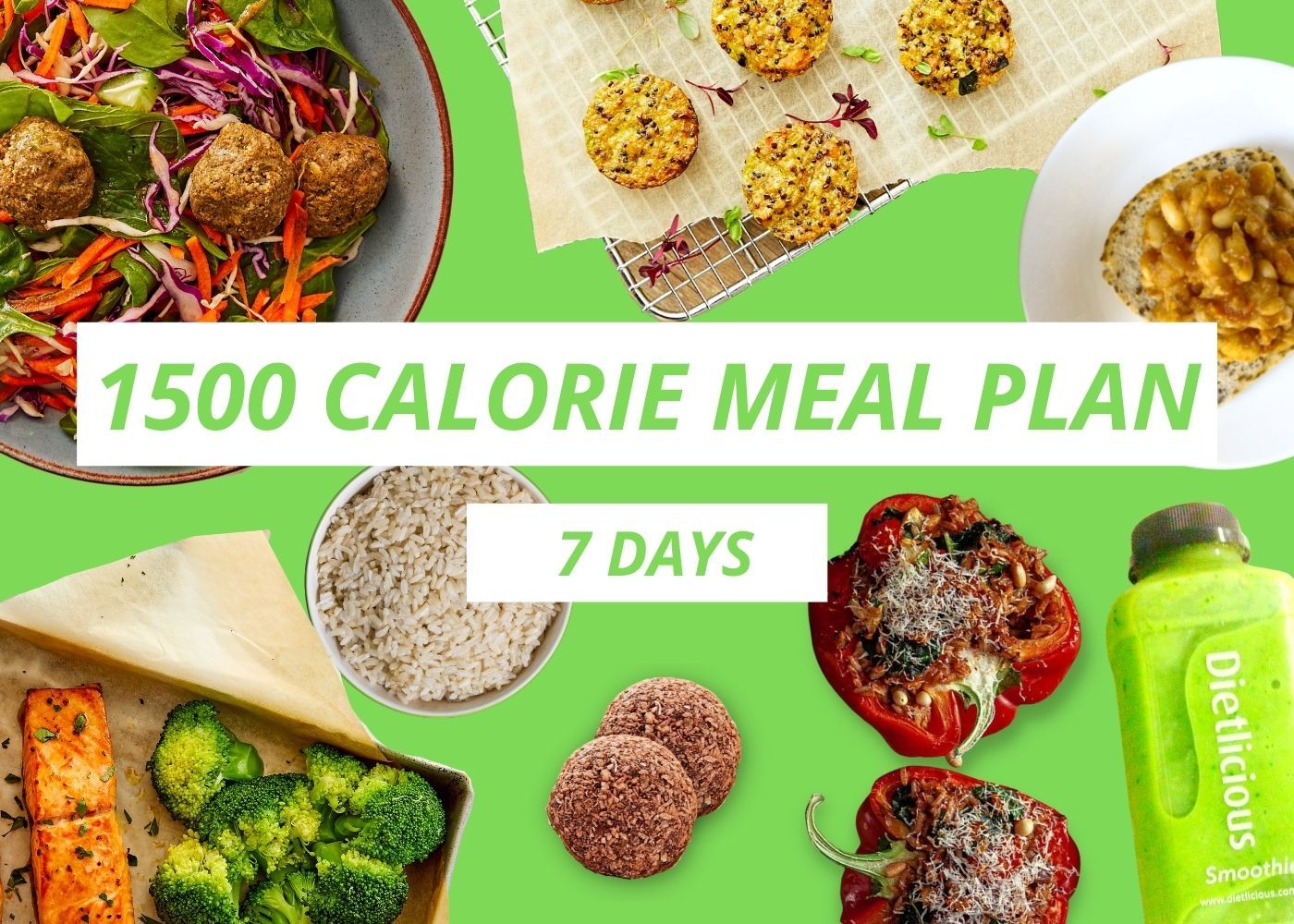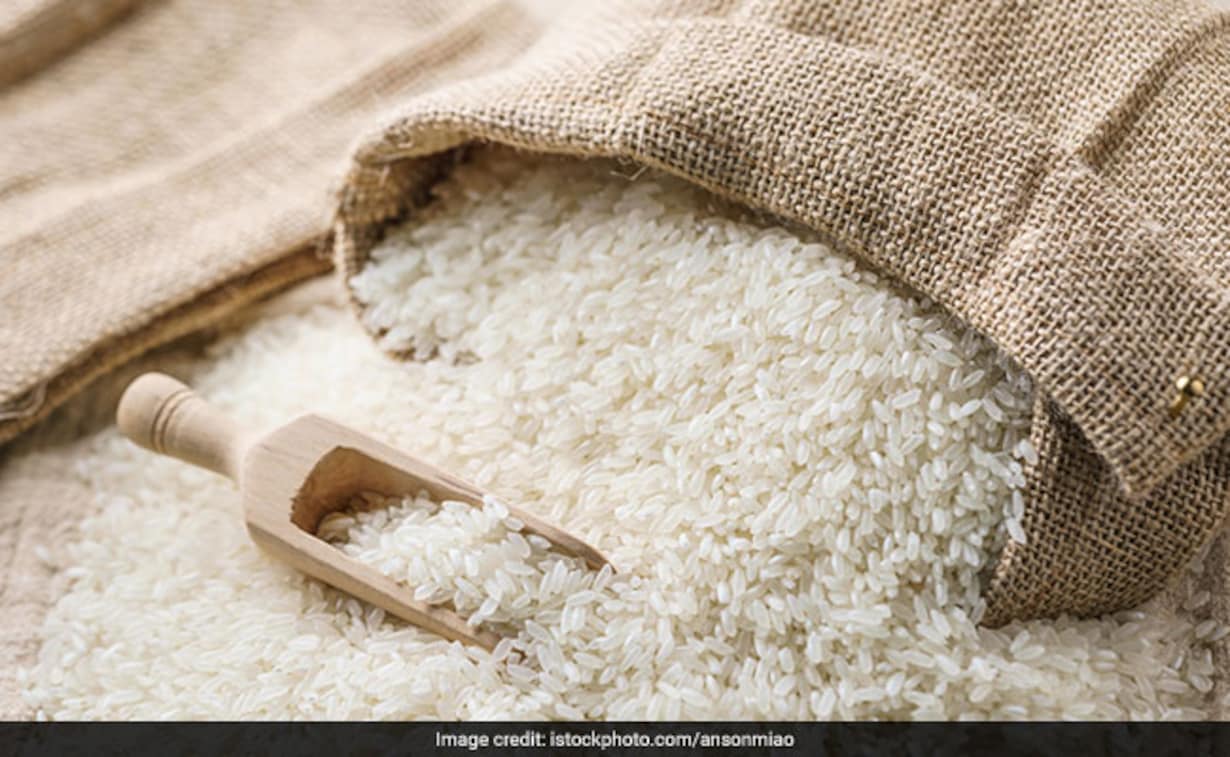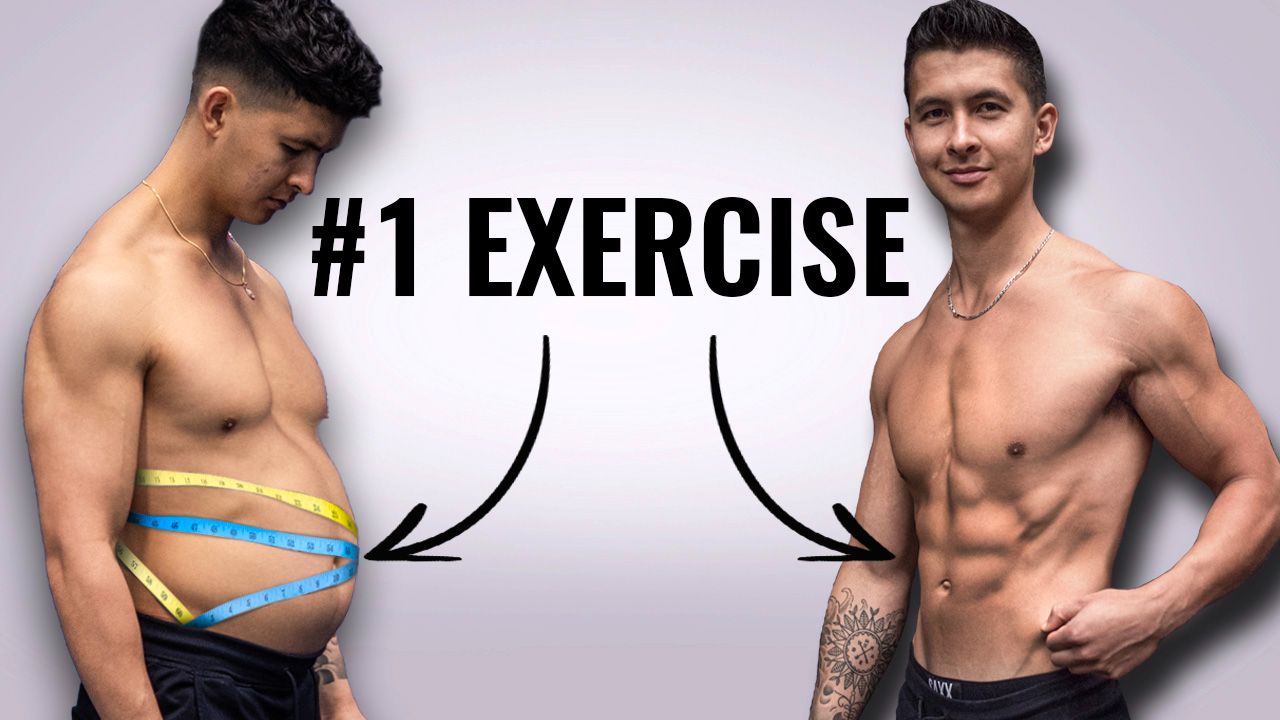
If you are injured and can't exercise, it is important to learn how you can lose weight. There are many things you can do to help yourself. You can control your calorie intake and adjust portions. You can also try to eat only when you are hungry instead of all day. This way, you won't overeat. These are some ways to lose weight and stay on the path to recovery.
Proper portion control
Most adult Americans are overweight, and more than 13 million kids are obese. Many experts blame fast foods, high-fat and high-sugar foods, and lack of exercise for the rising numbers of overweight Americans. You can reduce unnecessary calories and maintain a healthy weight by controlling your portion sizes. Here are some of the many benefits of eating small meals.

When you're unable to exercise, you can still maintain a healthy diet by practicing portion control. While this is important for many reasons, the primary goal is to keep your body's caloric intake below the required level. Although moderate amounts of high-calorie food won't guarantee weight loss, it can help you to maintain a healthy weight. Using portion control is the key to achieving your goal.
Standing at a desk
A desk at work will provide you with an hourly calorie burning and reduce your risk for developing heart disease. However, standing at your desk all day may not be safe, especially if you sit for long hours. Standing at your desk for too long can cause joint and leg pain. A standing desk is a good alternative if you can't get up from your desk for a long period of time.
Stand up desks are great for those who don't have the time to exercise. Even though standing all day is more efficient than sitting, it will still help you burn calories. You can also use a standing computer screen or a vertical treadmill-ready desk if you're confined to a desk job. Your body composition can make a huge difference in how much you use. Standing also promotes mental health and helps keep muscles toned.
Medical conditions that cause weight gain
Some medical conditions can lead to sudden weight gain, especially if you are unable to exercise. Cushing's syndrome, a rare illness that affects around 10 people per mille, causes the body too much cortisol which results in weight gain. This causes extra fat around the stomach and back as well as around the shoulders. Additional symptoms include fatigue, high bloodpressure, and excessive body hair.

Cushing's disease, hypothyroidism and other conditions can all interfere with weight loss. These conditions are characterized by a high cortisol level, which makes you feel hungry and store fat. They can also cause depression and irritability. Your metabolism can also be affected by hypothyroidism and Cushing's disease. You should consult your doctor if you are experiencing any of these symptoms.
FAQ
Why would you want to lose weight before turning 40?
Senior citizens over 40 need to maintain their health, fitness and well-being. It is important to stay fit throughout your life. This includes regular exercise, eating right, not smoking, moderate alcohol, and regular exercise.
It is important to recognize that our bodies change as we age. Our bones get weaker and our muscles become smaller. The best way to slow down the aging process is to take care of ourselves.
Being healthy and active as we age has many benefits. These are some of the benefits:
-
Better sleep
-
Improved moods
-
Increased energy levels
-
Lower risk of getting cancer
-
A longer life
-
More independence
-
Better sex
-
Greater memory
-
Better concentration
-
Better circulation
-
Stronger immune system
-
There are fewer aches and pains
How long should I do Intermittent fasting to lose weight?
The answer may not be as straightforward as you think. A number of factors need to be considered when determining how many days of fasting are needed for optimal fat loss. These factors include:
-
Your age. If you are younger than 40, intermittent fasting might be too difficult because you have less time for recovery after each fast. On the other hand, if you're older (over 60), you may find that you don't have enough energy to sustain an extended period of daily fasting.
-
Your current body composition. You'll be most successful if you have lots of muscle mass. You may find shorter fasting more beneficial if your muscle mass is low.
-
How physically active. To ensure adequate rest between workouts, you might need to extend your fasting period if you exercise frequently.
-
Your medical history. People with heart disease, diabetes, and cancer may require extra fasting monitoring.
-
How do stress and anxiety affect you? Stressful situations can make us eat more. To avoid this problem, you may need to increase the length of your fasting windows.
-
It is the type of diet you are following. Certain diets, like ketogenic diets, may require even longer fasting periods.
-
Your quality of sleep. Insufficient sleep has been associated with decreased metabolism and increased appetite. Therefore, it may take some experimentation before determining what works best for you.
-
The amount of protein that you consume. Consuming more protein helps to stabilize blood sugar levels. This could lead to lower insulin levels. This would allow for you to fast more often.
-
People who want to gain weight or lose it will need to fast for longer periods of time than those trying to lose.
-
What percent of your daily calories are you consuming during your fasting time? You might lose more fat if your daily calories are lower than those you consume.
-
Your fitness level. Fasters who are very fit tend to have higher metabolic rates, which allows them to burn more calories throughout the day.
-
Your gender. Men tend to have greater appetites that women, so they may need a longer fast. Women generally have smaller appetites, so they may only need to fast for about 20-30 minutes every morning.
-
Your lifestyle. Are you someone who does a lot of exercise? Do you exercise multiple times a week or do you just go to the gym? Is your job a long, sedentary one? These factors could affect how much you should fast.
-
How much money do your spend on food every day? You don't have to spend much on groceries to eat healthy food. It's possible to save money by purchasing whole grains rather than white bread, fruit instead of candy bars, lean meats instead fatty cuts, and fruits instead of candy.
-
It is vital that you control your hunger. You might not have to fast as much if your hunger isn't a problem.
How do I create an exercise routine?
It is important to establish a routine. It is important to plan what you will do each morning and how much time you will be doing it. This helps you plan and prevents procrastination.
The second thing is to ensure that you have plenty of variety in your workout. It is important not to get bored while exercising. This will cause you to lose interest and make it difficult for you to stick with it.
It is important to track your progress. It is crucial to track how much weight has been lost or gained.
You can lose weight quickly if you do not gain weight. However, it's much harder to stay motivated when you gain too much weight.
You should find a balance between weight gain and weight loss. If you're not happy with where you are, then you'll be less likely to continue exercising.
What is the best activity for busy people?
Exercise at home is the best method to stay fit. You don't have to join a gym or go to a fitness center to stay fit. You don't need to spend a lot of money on expensive equipment to do basic exercises at home.
You will need a pair, mat, chair, timer, and some dumbbells.
Consistency is the most important thing. If you miss a few days, then you may lose all motivation.
Try lifting weights three days per week. This is a great place to start. These could include push-ups/pull-ups/squats, push-ups/pull-ups or dips/curls.
Once you have mastered the basic movements, it is possible to move on to other types such as running and jumping rope, skipping or yoga, Pilates, dance, swimming, weight lifting, tennis, golf, playing basketball, soccer, volleyball, badminton or squash.
When choosing an exercise program, remember to choose the ones that suit your lifestyle. If you work long hours, you may want to avoid exercise programs that consume too much energy.
If you're a night owl then it is better to exercise in the evening than in the morning.
Remember to listen to your body and stop when you feel tired.
Is there any difference between intermittent fasting and calorie restriction?
Calorie restriction is when you eat less than your body needs. Intermittentfasting is different as it doesn’t require you to restrict your calories. Rather, it focuses on eating fewer calories throughout the day.
Intermittent fasting can be more effective as it allows you to eat the foods you love and not feel guilty.
Both methods have pros and cons. Therefore, you need to decide whether you prefer one method over another.
Statistics
- A 12-week study in 20 women with obesity found that walking for 50–70 minutes 3 times per week reduced body fat and waist circumference by an average of 1.5% and 1.1 inches (2.8 cm), respectively (healthline.com)
- According to a study sponsored by the American Council on Exercise, a person weighing around 140 pounds (64 kg) would burn 108 calories at a 30-minute beginner's Pilates class or 168 calories at an advanced class of the same duration (26). (healthline.com)
- Another study found that 24 weeks of weight training led to a 9% increase in metabolic rate among men, which equated to burning approximately 140 more calories per day. (healthline.com)
- It's estimated that half of all American adults attempt to lose weight every year (1Trusted (healthline.com)
External Links
How To
How to do Intermittent Fasting (IF)
Intermittent fasting refers to a diet where you only eat one day per semaine, typically Monday through Friday. The goal is to decrease your overall calories and still get adequate nutrition. This helps you lose fat more quickly than if it were your normal meals for the entire week.
The most popular form of IF is to limit calories to certain days. This means that you might skip breakfast every day and then indulge in whatever food you desire throughout the day. You could also choose to eat three small meals daily rather than two large ones.
Many forms of intermittent fasting are available, such as alternate day fasting (5/2 fasts), 8/4 fasts and 16/8 fasts. There are pros and con's to every type of intermittent fasting. Alternate-day fasting is the easiest method to get started because it doesn't require any significant lifestyle changes. But, there are some people who find it hard to follow such a strict schedule. These people might prefer to try different methods.
If you're looking to start an intermittent fasting routine, I recommend starting with alternate-day fasting. This will allow for gradual transition to more extreme fasting without having to change your lifestyle.